
Laser Lab scientist honored for fusion and plasma research
Dustin Froula received the Ernest Orlando Lawrence Award, one of the most respected awards given by the US Department of Energy, for his research.
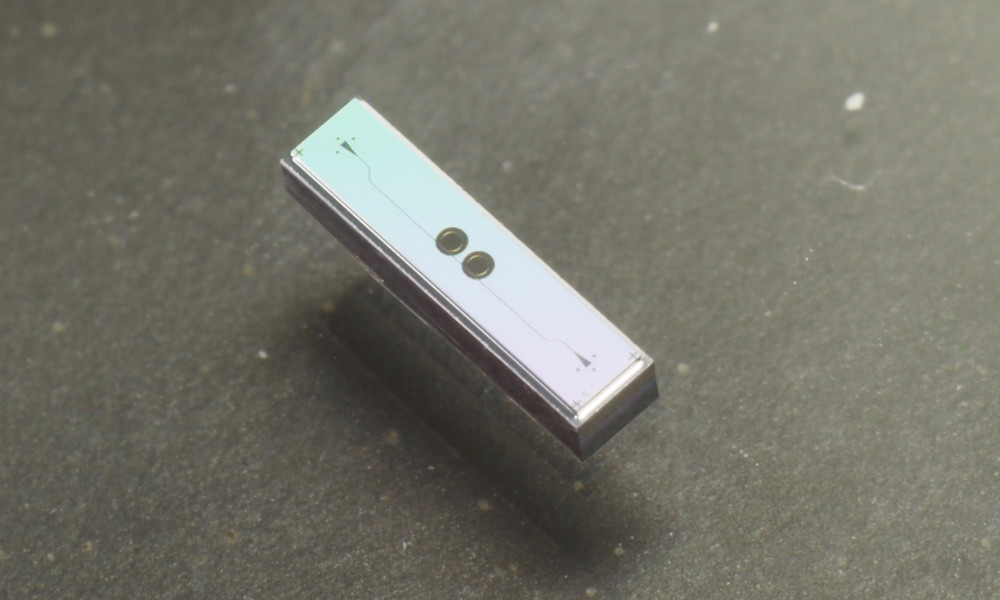
Chip on a card would detect COVID-19 antibodies in a minute
Researchers in Rochester are developing a “completely new diagnostic platform” that could prove to be a valuable clinical tool for detecting exposure to multiple viruses from a single drop of blood.
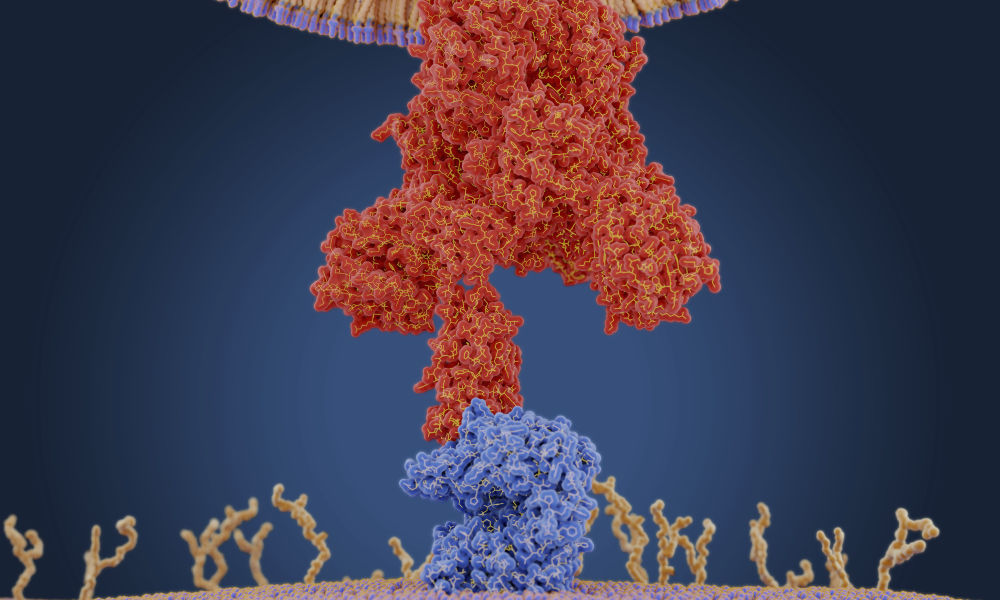
COVID-19 vaccine: What’s RNA research got to do with it?
RNA research at the University of Rochester provides an important foundation for developing antiviral drugs, vaccines, and other therapeutics to disrupt the global spread of coronavirus.

Can social networks help us be more creative?
Our interactions on social media could encourage new ways of thinking and different perspectives, if creativity was considered part of the network’s algorithms, say Rochester researchers.
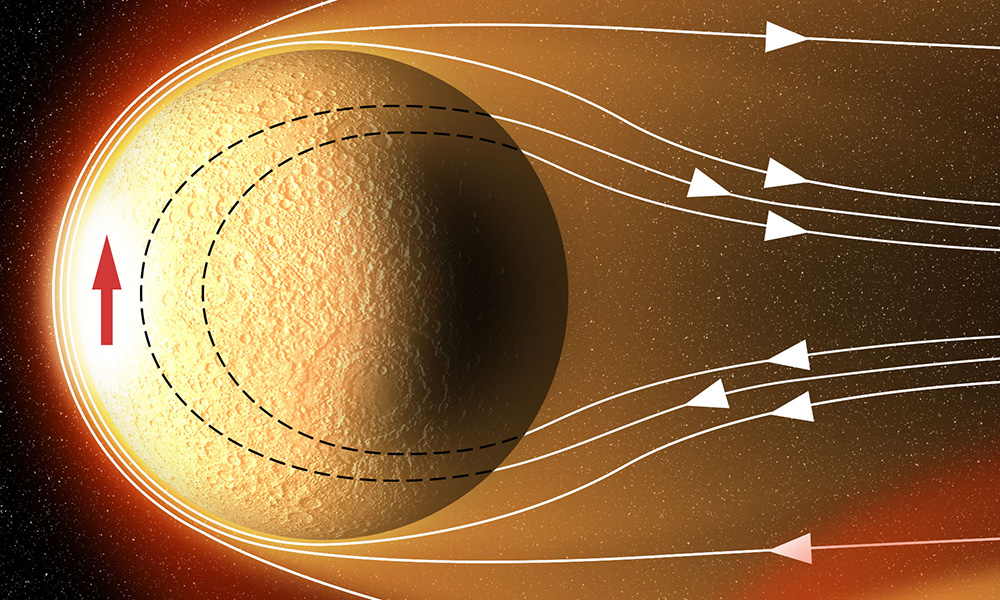
Rochester researchers uncover key clues about the solar system’s history
Researchers have used magnetism to determine, for the first time, when asteroids that are rich in water and amino acids first arrived in the inner solar system.

Student team develops noninvasive endometriosis test
The test, developed by Rochester undergraduate students in the biological sciences, would eliminate the need for surgery to diagnose the painful condition.
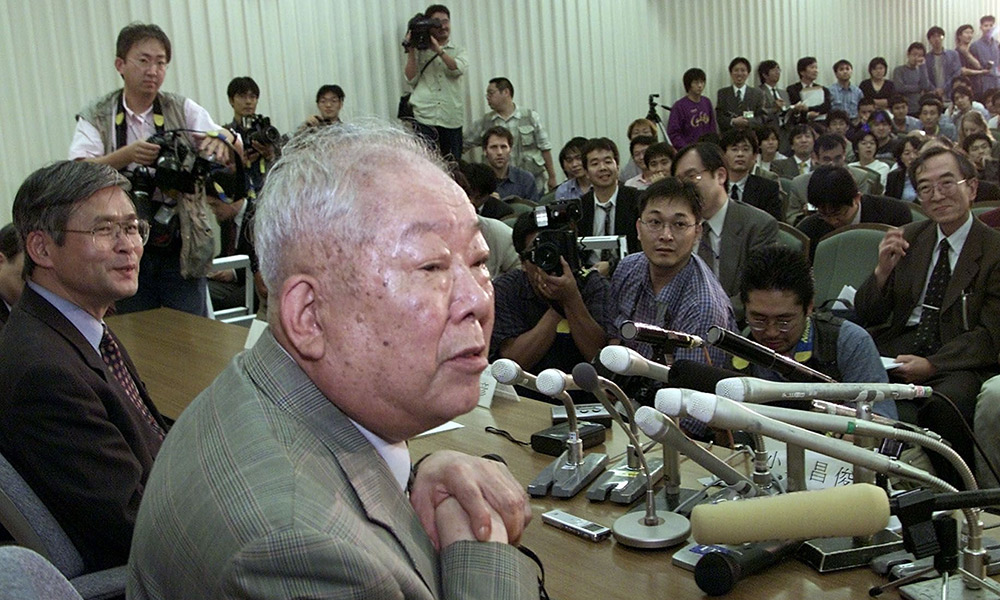
Nobel Prize laureate remembered for groundbreaking research on neutrinos
Rochester graduate Masatoshi Koshiba ’55 (PhD), who died November 12, received the 2002 Nobel Prize in Physics for detecting and measuring subatomic particles known as neutrinos.
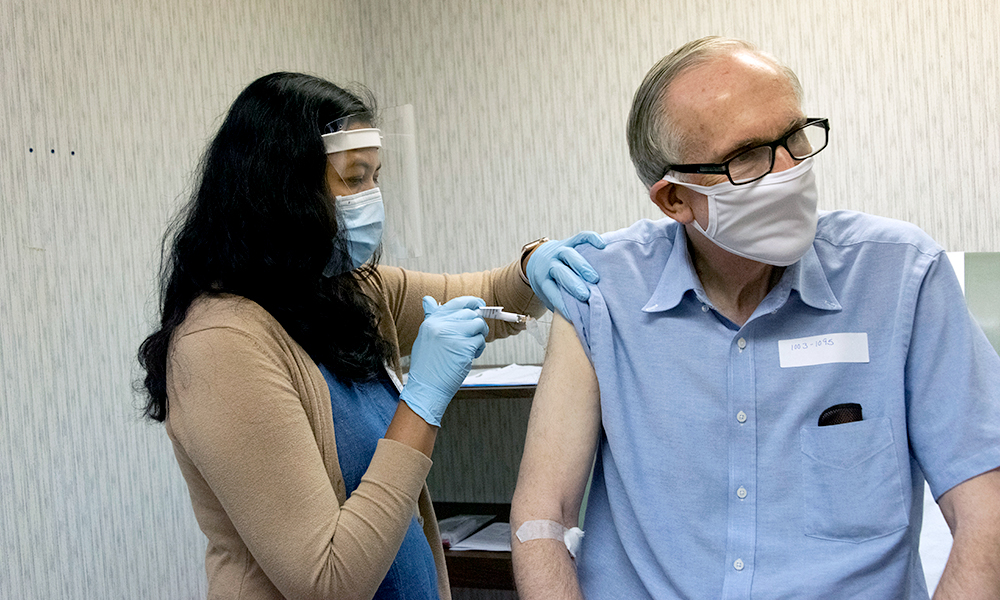
Early signs indicate coronavirus vaccine is effective
An interim analysis of study data from a coronavirus vaccine being developed by Pfizer and BioNTech indicates that the vaccine is highly effective in preventing COVID-19. Researchers and volunteers in Rochester have been involved in the testing of the vaccine since May, when the first human studies were launched, and technologies used in the development of the vaccine can trace their origins to decades of infectious disease research conducted at the University of Rochester Medical Center.
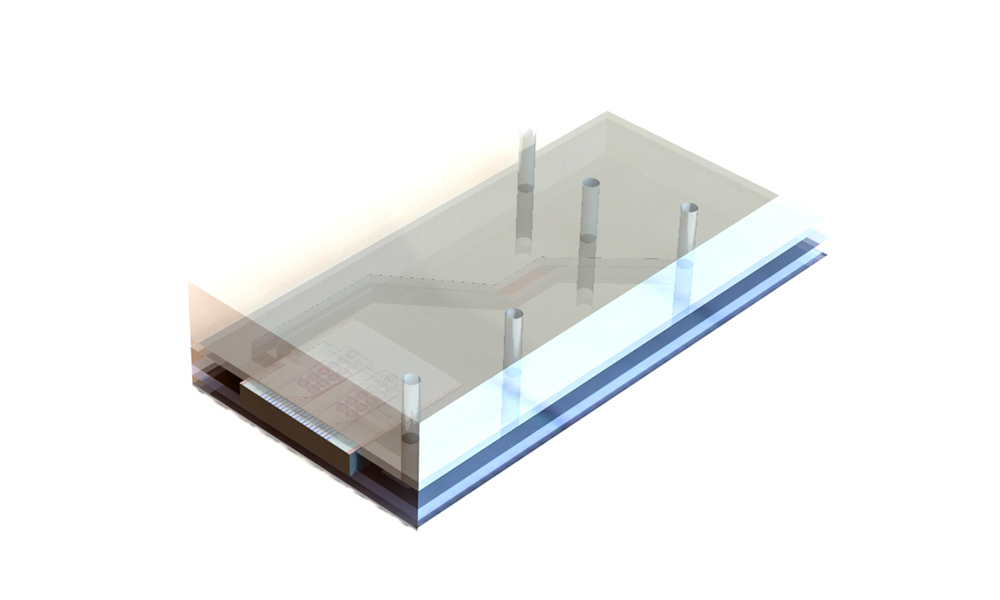
‘Organ on a chip’ is the wave of the future
Rochester researchers are building technology to predict the course of tendon injuries—a form of personalized medicine that will lead to more effective treatments.
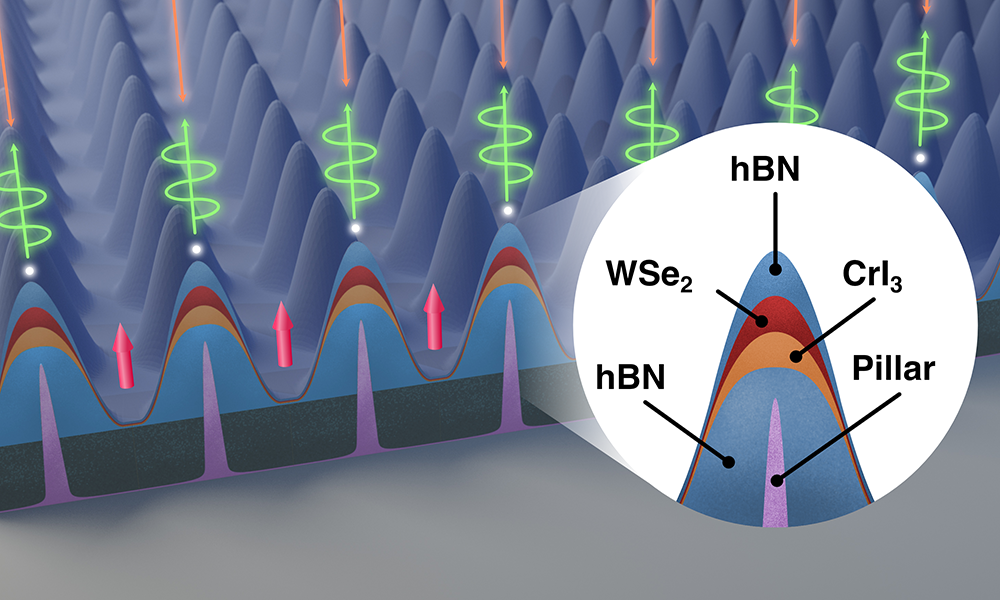
Building a quantum network one node at a time
New research demonstrates a way to use quantum properties of light to transmit information, a key step on the path to the next generation of computing and communications systems.
